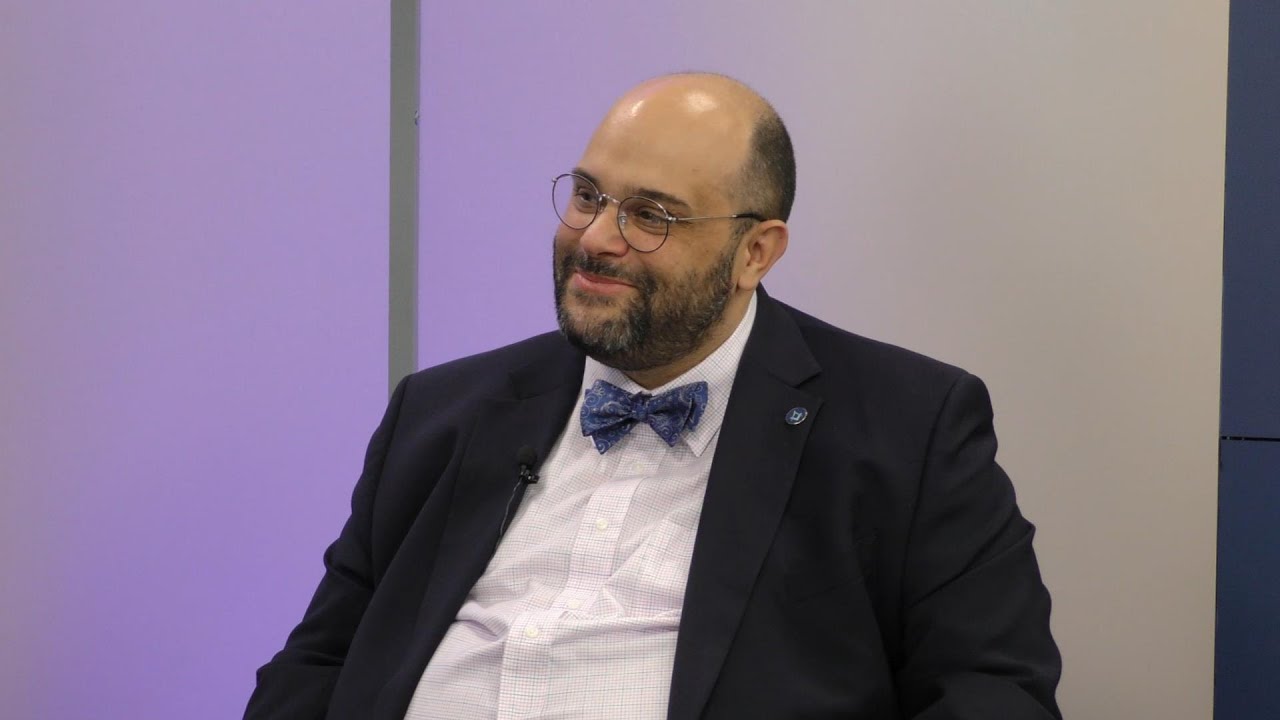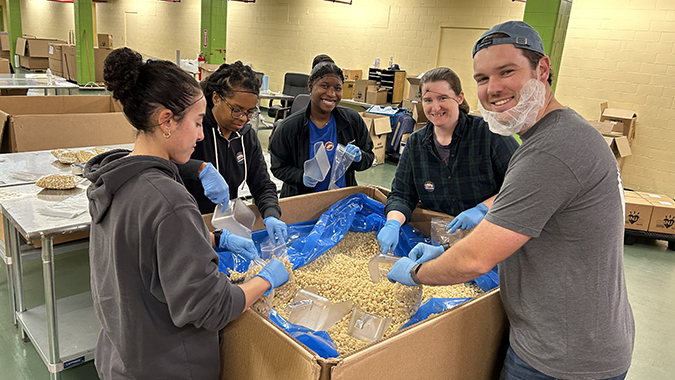An independent advisory group tasked with examining the root causes of the national shortage of accountants recently released its final report with six recommendations for expanding the profession’s talent pipeline.
More than 300,000 accountants and auditors have left their jobs since 2019 and 75% of accountants are at retirement age. Meanwhile, the percentage of college business majors graduating with accounting degrees has declined by 7.8%.
The dearth of accounting professionals affects all industries and is even causing some U.S. businesses to delay filing their mandatory financial reports.
The national findings align with the experiences shared by the New Jersey accounting industry. In response to these concerns, the New Jersey Society of Certified Professional Accountants (NJCPA)and NJBIA have also partnered to bring more awareness to the issue and identify opportunities to strengthen the accounting industry’s pipeline of talent.
The American Institute of CPAs (AICPA) convened the National Pipeline Advisory Group (NPAG) last year to help shape a profession-wide strategy to address the talent shortage. NPAG's recommendations, which were released in a 95-page final report issued Aug. 1, fall into six main categories:
- Address the cost and time of education because some candidates must begin working immediately after earning a bachelor’s degree and need a cost-effective way to earn the final 30 credit hours for licensure.
- Make the academic experience more engaging.
- Enhance the employee experience particularly in the first five years of employment.
- Prioritize strategies to expand access to the profession for the underrepresented at every stage.
- Provide better support to CPA Exam candidates.
- Tell a better story to young adults thinking about which career to pursue on the impact accounting has on businesses, communities and economies.
For its report, the NPAG reviewed existing research, and it collected insights from a national pipeline survey, focus groups with state societies and firms, and discussions with professional and regulatory bodies. Over 7,950 students and accounting professionals took the national survey, and over 1,600 people participated in the focus groups.
NPAG found differences between how students and working professionals perceived possible solutions. For example, while students (85%) and professionals (84%) both saw the need to raise starting salaries for accountants nearly equally, there was much stronger support among students than other stakeholders for paid time off to study for the CPA Exam and bonuses for passing each section of the exam.
Only 58% of working professionals thought it was important to provide paid time off (PTO) to study for the exam and 61% supported bonuses for completing it. Among students surveyed, 84% said that PTO and bonuses for passing the exam were important.
“Solving the pipeline problem will take sustained, collective action,” said Lexy Kessler, NPAG's chair and vice chair of the AICPA. “While NPAG's main duties end with the release of this report, our members intend to be catalysts and advocates for changes that ensure young people will continue to view and pursue accounting as a rewarding career choice."
Prioritizing and implementing recommendations made by NPAG and other professional groups to address the accounting shortage will be the subject of a Sept. 23 roundtable convened by the American Accounting Association (AAA), American Institute of CPAs (AICPA) and other stakeholders.
For more information about NPAG, its final report or other information about pipeline issues, visit accountingpipeline.org.




